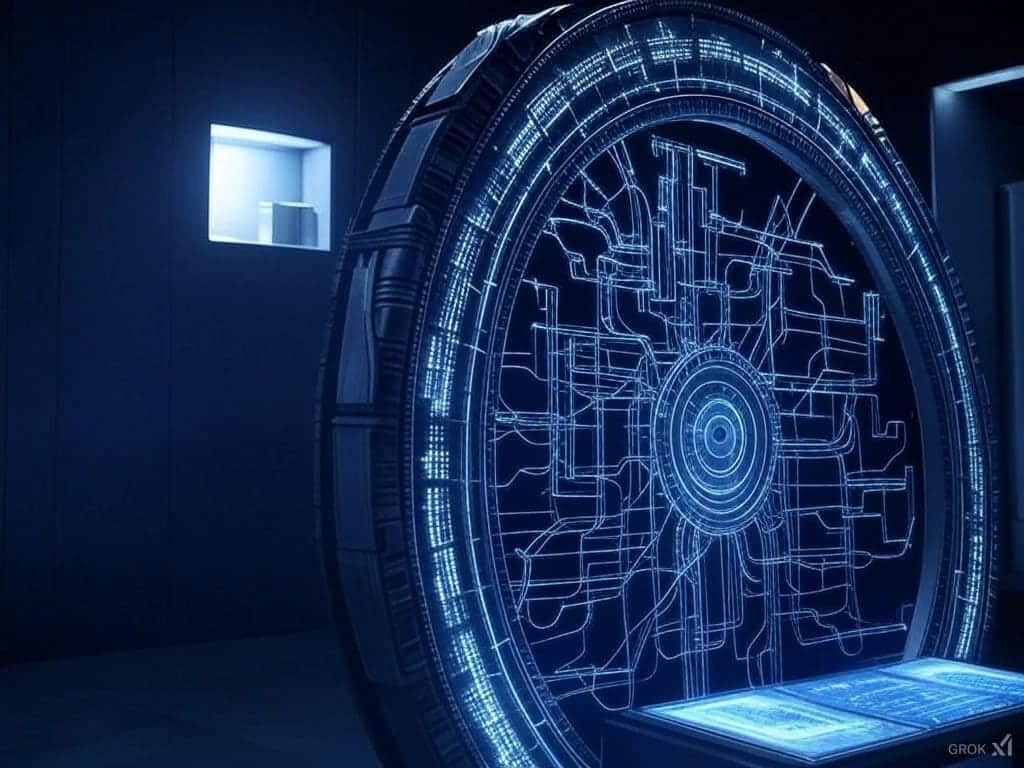Here’s the translation in American English:
Elon Musk has made an offer of $97.4 billion to acquire the nonprofit division of OpenAI, in a move that threatens the funding of the ambitious Stargate project, aimed at building large-scale artificial intelligence data centers.
The proposal, which Musk claims is backed by investors, comes at a critical time for OpenAI, which is seeking to raise $30 billion to $40 billion in its transition to a for-profit model. A significant portion of these funds is designated for Stargate, a joint initiative of $500 billion to develop advanced AI infrastructure in the United States.
With this maneuver, the entrepreneur and owner of xAI, OpenAI’s rival, introduces uncertainty into the funding process, which could delay the closing of the investment round and, consequently, jeopardize the development of the megaproject.
A direct attack on OpenAI’s strategy
OpenAI’s model is undergoing a structural change. Currently, the company operates under a hybrid system, with a nonprofit division and a for-profit subsidiary. In its transition, the nonprofit part would maintain a 25% stake in the new business structure.
According to the latest funding round, this percentage has been valued at $37.5 billion, with a projected future value of $85 billion, still lower than Musk’s offer. This puts OpenAI’s board of directors in a delicate position, as rejecting the offer could be seen as a failure of fiduciary duty by not maximizing the value of its assets.
Moreover, if Musk’s offer raises doubts among investors, it could slow down the flow of funding, affecting OpenAI’s ability to invest $19 billion in Stargate and jeopardizing its AI expansion strategy.
Sam Altman rejects the offer and accuses Musk of playing dirty
OpenAI’s CEO, Sam Altman, responded firmly to the acquisition attempt. According to reports from The Information, Altman rejected the offer and assured employees that he has the board’s support.
In statements to BloombergTV, Altman criticized Musk’s strategy, suggesting that his true aim is not to acquire OpenAI but to slow down its growth for the benefit of xAI, his artificial intelligence company.
“I think Elon just wants to hinder us. He’s a competitor who has raised a lot of money for xAI, but I wish he would compete by building a better product.”
Altman also referred to Musk’s personality, suggesting that his constant confrontation is a result of his own insecurity.
“I think his whole life is rooted in insecurity. I feel sorry for him. I don’t think he’s a happy person.”
A rivalry that goes beyond OpenAI
Musk, who was one of OpenAI’s original founders, has sued the company multiple times to try to block its transformation into a for-profit entity. He has been a consistent critic of OpenAI’s model shift, accusing it of moving from an open and accessible organization to a closed and proprietary company.
However, his recent offer seems to respond more to a competitive strategy than to an ideological conviction. With xAI growing as a direct rival to OpenAI, any obstacle Musk can place in Altman’s company’s path could directly benefit his own project.
The future of OpenAI and Stargate remains uncertain
With the offer rejected and the backing of OpenAI’s board secured, the company continues with its funding round to solidify Stargate. However, Musk’s move has sown doubts in the market and could impact investor confidence.
As OpenAI seeks to secure resources for its AI infrastructure, the battle between Sam Altman and Elon Musk has only intensified. The competition in the artificial intelligence sector is far from just technological; funding strategies and business moves play a key role in determining the future of AI.
Source: Artificial Intelligence News

